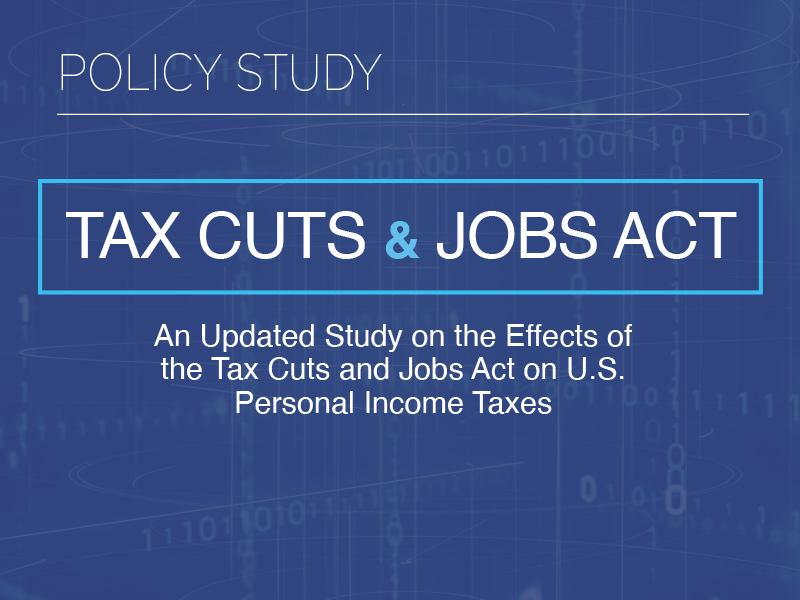The Business and Economic Studies program of the Pacific Research Institute (PRI) announced in August that it has given its California Golden Fleece Award to the California legislature for its treatment of the California Union of Safety Employees (CAUSE).
Every three months, the institute identifies state or local spending programs or regulations that fleece California taxpayers, businesses, or consumers. The California Golden Fleece Awards are given for spending programs or regulations that, according to PRI, violate common-sense principles of responsible government, would be considered wasteful by people of varying political philosophies, and are well documented.
Award Number 8, given in August, went to the state legislature on behalf of CAUSE, which represents 3,200 state workers, among them milk testers, billboard inspectors, and Department of Motor Vehicles (DMV) employees who test new drivers. The union had been trying to fatten pension benefits for its members for some time. In 2002, it took a new tack, according to the PRI report.
Pension Increase Followed Political Gift
The union contributed more than $350,000 to state legislators and to then-governor Gray Davis, who responded by personally negotiating with the president of CAUSE a pension increase 25 percent higher than was given to other state workers. CAUSE lawyer Sam McCall helped write the enabling legislation, SB 183.
The bill reclassified CAUSE members as public safety employees, giving them pension increases normally reserved for police or firefighters. Union members benefit by $11 million in fiscal year 2004-05 and an estimated $216 million over the next 20 years.
McCall openly admitted the deal was a quid pro quo. “All this was the result of buying Gray Davis,” McCall told the Sacramento Bee for an article published May 9. “We would not have got this done if we had not shoved a lot of money his way.” CAUSE gave Davis $100,000 three days before the bill was amended, $5,000 the day it passed, and $250,000 two weeks after he signed it.
A year later, in a development few predicted, voters tossed out Davis in a recall election and replaced him with Arnold Schwarzenegger. The new governor inherited a budget mess that calls for belt-tightening on all fronts. Efforts to impose that belt-tightening on the pension hike, however, have failed.
Legislature Avoids Bill to Block Increases
Senator Tom McClintock (R-Thousand Oaks) authored SB 9, a bill to block the pension increases for CAUSE members. The Sacramento Bee strongly backed the new legislation. Noted the newspaper, “Milk testers are not cops. Billboard inspectors don’t fight fires. California cannot afford to give them richer retirement. Tainted legislation should not be pared back a little. It should be repealed. Send SB 9, the pension repeal bill, to the governor.”
Instead of heeding the Bee‘s advice, the legislature evaded action on the measure as the July 1 implementation day for the pension increases approached. Rather than act on the bill, Assembly Speaker Fabian Nuñez (D-Los Angeles) returned it to the Senate–a violation of legislative rules.
The Bee blasted Assembly Democrats for turning that house into a “circus” and looking like “clowns” by avoiding debate on SB 9. The paper called out Nuñez in a sharply worded editorial: “So, it’s time to stand up, Speaker Nuñez. Either defend the pension boost that will give state milk testers, billboard inspectors, forensic pathologists, and deputy directors at the Department of Real Estate (among others) pension benefits that are 25 percent richer than other state workers get, or vote to rescind them.”
Pensions Already Generous
The pensions that “other state workers get” are among the most generous in the nation. Upon retirement, most California state employees annually receive 2 percent of their annual pay for every year of service. California Highway Patrol (CHP) officers get 3 percent of their annual pay for each year of service, enabling them to retire at age 50 with 90 percent of their pay. The rationale for the richer pensions is to encourage early retirement, ensuring the physical fitness of those in dangerous jobs.
CAUSE President Alan Wayne Barcelona defended the scheduled hike. His editorial on the CAUSE Web site argued DMV testers are “assisting with the national security of this nation.” CHP Commissioner D. O. “Spike” Helmick told the Bee on May 9, “There haven’t been 200 milk inspectors killed,” adding, “I don’t fault the employee unions for pushing for it [the higher pension]–that’s their job. But it’s the job of the policymakers to say no.”
Taxpayers Pony up More than $200 Million
The Senate saw through Nuñez’s evasion and batted SB 9 back to the Assembly for action. On June 23, the Assembly Labor and Employment Committee killed the bill, preventing the full Assembly from having a say on the matter and permitting the pension hike to go into effect on July 1.
While the DMV workers, milk testers, and billboard inspectors gained reclassification and a 25 percent pension hike, some California workers in truly dangerous jobs did not receive a pension hike. Highway maintenance workers, for example, did not get the richer public safety pensions.
PRI’s Golden Fleece Award was awarded to call attention to the California bill as an instance of a problem endemic to all levels of government: politicians giving special benefits to well-organized, concentrated interest groups in exchange for votes and campaign contributions. Such benefits are paid for by taxes on dispersed citizens, who rarely consider it worth their effort to fight such transfers on a piecemeal basis. “The solution is to prohibit politicians from engaging in this behavior,” said Susan Martin, a public relations associate at PRI.
PRI cited former governor Gray Davis and the California legislature, specifically the majority Democrats on the Assembly Labor and Employment Committee, for refusing to save the state’s taxpayers more than $200 million when they had every chance to do so.
K. Lloyd Billingsley is editorial director and Lawrence J. McQuillan, Ph.D. ([email protected]) is director of business and economic studies at the California-based Pacific Research Institute for Public Policy.
For more information …
visit the Web site of the Pacific Research Institute at http://www.pacificresearch.org.



